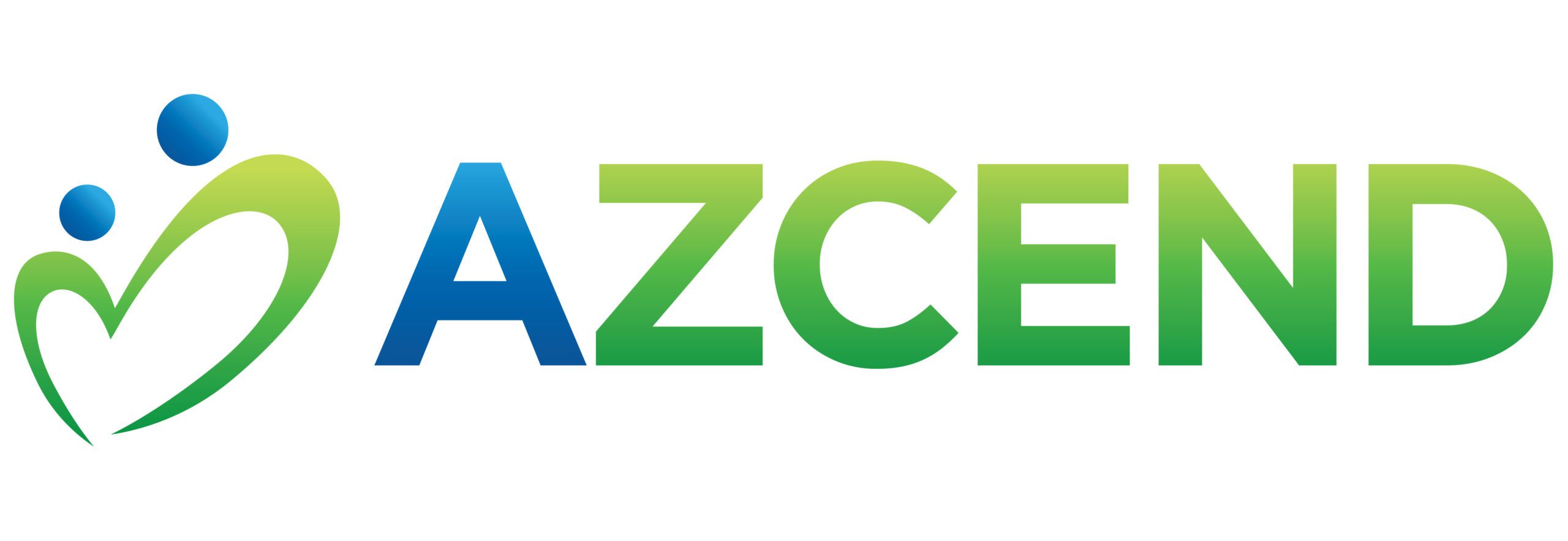

There are plenty of reasons why you might want to manage your vacation rental property remotely. You may have multiple properties to manage, or you might live a few hours away from your vacation rental. Or perhaps you prefer to work from home and automate the vacation rental management process. Regardless of why you want to manage your vacation rental property remotely, there are several strategies and tips below that you’ll want to take note of.
Contents
- What Are the Benefits of Managing a Vacation Rental Remotely?
- 11 Tips for Remote Vacation Rental Management Success
- 1. Invest in vacation rental management software
- 2. Enable self check-in and check-out
- 3. Invest in home automation systems
- 4. Install a home security system
- 5. Hire a reliable cleaning company
- 6. Build relationships with local contractors
- 7. Consider hiring a property manager
- 8. Keep listings up-to-date
- 9. Provide a welcome binder for a personalized touch
- 10. Communicate with current guests regularly
- 11. Choose a comprehensive insurance policy
- Main Takeaways
What Are the Benefits of Managing a Vacation Rental Remotely?
The most obvious benefit of managing your vacation rental property remotely is that you can work from anywhere. You don’t have to be physically present at your vacation rental to manage and run it successfully. This also means your hours become more flexible, opening up your schedule so that you can fit in the tasks that are most important to you.
Another important benefit to note is that since remote management and self check-in go hand in hand, this has a lot of appeal for guests concerned with COVID-19 pandemic. Travelers have been much more interested in contactless check-in since the coronavirus began to spread. Remote management is an effective way to protect yourself and others from potentially spreading illness.
11 Tips for Remote Vacation Rental Management Success
Managing your vacation rental remotely can open up your schedule and allow you to work from anywhere. But it does require some specific tools and strategies for it to be done effectively. Check out our top 11 tips for remotely managing your vacation rental property below.
1. Invest in vacation rental management software
If you’re interested in managing your vacation rental remotely, you’ll need some tools to help you out. One of the most valuable tools is a PMS, or property management system. This is one of the best vacation rental software that enables you to automate various processes and remotely manage your rentals. It can manage listings on multiple websites, create a cohesive calendar that includes all of your bookings, automatically respond to messages from potential guests, and so much more.
2. Enable self check-in and check-out


One of the key advantages of offering self check-in at your vacation rental property is the convenience it provides for both guests and hosts by eliminating the need for in-person interactions during check-in. It also eases the check-out process. Three of the top ways to enable self check-in and check-out at your vacation rental property are smart locks, lockboxes, and keypads. Innovative and smart locks for vacation rentals offer the most features that allow you to see who is entering your property from anywhere in the world, as long as you have your smartphone with you.
However, guests that don’t have smartphones or whose smartphones aren’t charged may have trouble getting into your property. A lockbox is a more traditional method of self check-in, but you may end up needing to replace keys and locks periodically. Finally, a keypad is easy to use and doesn’t require a smartphone.
3. Invest in home automation systems
To manage a rental property remotely, you’ll need to implement various vacation rental home automation that you can control from wherever you happen to be at the time. This includes a smart thermostat to manage the temperature and use of heating and air conditioning, as well as smart lighting.
The smart thermostat can be used to continuously monitor and control the temperature, or you can allow your guests to control the heat and air conditioning during their stay. Then, once they’ve checked out, you can adjust the temperature for maximum savings on your utility bill.
Meanwhile, smart lighting refers to light sensors and timers. Sensors can ensure lights are turned off whenever no one is in the room, while timers can be set to turn lights off and on at specified times.
You may also want to consider noise control applications like Party Squasher and NoiseAware. These applications will send an alert to your phone anytime there’s excessive noise at your vacation rental property. You’ll then be able to take immediate action and avoid any potential vacation rental property neighbor complaints.
4. Install a home security system
It’s crucial to have a reliable home security system installed at your vacation rental property if you’re managing it remotely. If you’re not physically present at the property, it’s always wise to have various forms of protection for the house. Motion sensors, outdoor surveillance cameras, and burglar alarms are all worthwhile investments.


The light timers mentioned in the last tip can help deter burglars as well. You can time the lights to turn on daily, even when no one is present at the property, to make it look like people are there.
Note that many guests aren’t comfortable with indoor cameras as they’re often considered an infringement of privacy. So follow a standard vacation rental security device policy and be sure to let guests know about any cameras you have inside or outside the house.
Screening your guests before allowing them to book a stay at your vacation rental property is another way to ensure safety and security even when you’re not able to meet your guests in person.
5. Hire a reliable cleaning company
Part of managing your vacation rental property remotely is hiring people that you can trust. Look for a reputable local cleaning company to take care of cleaning the property in between stays. If you have vacation rental management software (as mentioned in the first tip), it’s even simpler to schedule specific employees to work certain hours. Your cleaning company can also send you photos of each room of the vacation rental property in between stays so that you can note any damage and when it took place.
6. Build relationships with local contractors
If anything goes wrong at your vacation rental, you’ll need to have solid relationships with local contractors who can stop by your property and figure out a solution. For example, if your washing machine stops working, you might need to contact an electrician, a plumber, and an appliance repairman. If you don’t have anyone to contact when issues arise, and you can’t be there yourself since you’re managing the property remotely, then your guests might have a bad experience. Therefore, make sure to establish good professional relationships with various contractors who can help you out when needed.
7. Consider hiring a property manager


Hiring a property manager who lives near your vacation rental property can be a great way to take many of the responsibilities of managing the property off your hands. Depending on your budget and the tasks you need to complete on a daily basis, it might be worth it to hire someone who can take care of all the day-to-day work that comes with managing a vacation rental property.
8. Keep listings up-to-date
It’s crucial to always keep your listings updated, whether you’re managing your vacation rental property remotely or not. It’s never a good thing when you visit your property after several months of managing it remotely and realize that it no longer looks quite like it does in the listing’s photos. The best way to avoid this is to have your cleaning crew take photos of the space between each guest. This way, you’re aware of any damage, missing decor, and other changes to your rental.
Another aspect of staying up-to-date on your listings is responding to guests’ messages as quickly as possible. When you can’t be at the vacation rental property in person, it’s even more important for your guests to be able to get ahold of you.
9. Provide a welcome binder for a personalized touch
You may not be able to welcome your guests to your vacation rental property in person. However, you can still add a personalized touch by providing a comprehensive welcome letter or binder. Inside the welcome binder, include all house rules and the rental agreement, as well as recommendations for local restaurants, activities, and events. You can customize the binder to fit your guests’ interests and plans for their stay as well. A welcome letter or binder is a great way to make your guests feel more at home and communicate with them. You may even want to consider creating an online or virtual welcome binder to make it more accessible.
10. Communicate with current guests regularly


Be sure to reach out to your guests after they’ve had a chance to check in. It’s always nice to ask them how they’re doing and if they have any questions for you. You can also let them know that you’re available and that they can reach out if needed. Guests are sure to have a better experience with more peace of mind when they know they can reach you if anything comes up. They’re also sure to be appreciative of your clear commitment to providing hospitality and good customer service.
11. Choose a comprehensive insurance policy
It’s always important to insure your vacation rental property, but it’s even more essential to make sure that you’re covered when you’re managing the property remotely. As long as you have the right coverage, you shouldn’t have to worry about any major financial issues arising.
Main Takeaways
Managing your vacation rental property remotely means you can work from anywhere and enjoy a more flexible schedule. Here are our top 11 tips for successful remote vacation rental management:
- Invest in vacation rental management software.
- Enable self check-in and check-out.
- Invest in home automation systems.
- Install a home security system.
- Hire a reliable cleaning company.
- Build relationships with local contractors.
- Consider hiring a property manager.
- Keep listings up-to-date.
- Provide a welcome binder for a personalized touch.
- Communicate with current guests regularly.
- Choose a comprehensive insurance policy.





